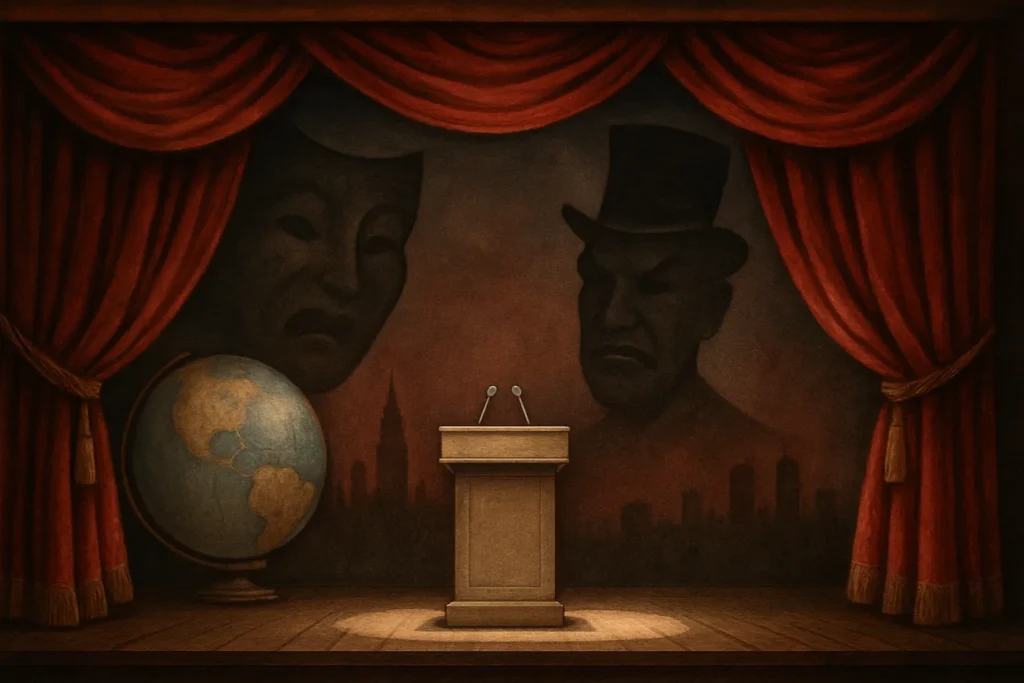Crisis or Stunt? Peeling Back the Musk Asylum Saga
Picture this: The marble corridors of the St. Petersburg International Economic Forum are abuzz. A Russian deputy speaker, Vladislav Davankov, steps in front of the cameras and—like a stone tossed into still water—makes an audacious claim. According to Davankov, his party, Novye Lyudi, has formally requested that tech billionaire Elon Musk be granted political asylum in Russia. Within hours, Russian state media picks up the story, the Western press launches headlines, and social media platforms erupt in wild speculation.
What’s behind this headline-making moment? At the very heart is an almost theatrical blend of political posturing and rumor-chasing. Officially, the Russian government has repeatedly and forcefully denied that Musk even sought asylum, with Kremlin spokesman Dmitry Peskov dismissing the affair as a rumor devoid of substance. According to state statements, Musk neither applied for nor signaled any intent to seek protection in Russia—he wasn’t involved at all.
The fact that the request came not from Musk, but from the New People party—apparently acting on his behalf without his knowledge—raises essential questions about the true motives behind this spectacle. Is this politics-as-performance, an attempt by Russia’s political outsiders to stir the pot and signal openness to the West, or an opportunistic bid to catapult their own relevance?
The Political Theater: Russia, Musk, and the Limits of Power
Peeling back the rhetorical layers, the episode exposes the deeply performative nature of power in today’s global arena. Davankov’s comments, offered up before a global audience at the St. Petersburg International Economic Forum, were peppered with praise for Musk’s technological ambition. Even as he alluded to the controversial moments that have shadowed Musk’s career, Davankov suggested Russia would be ready to welcome the billionaire “if needed.”
This overture coincided with well-publicized tensions between Musk and U.S. President Donald Trump. Musk’s recent social media barbs criticizing Trump for what he called a “disgusting abomination” of a tax and appropriations bill—comments followed by public regret—gave fodder for speculation. Some political analysts, such as Olga Kryshtanovskaya of the Russian Academy of Sciences, have argued that such feuds often become magnets for international opportunism. “When a Western billionaire becomes a political lightning rod at home, you can be sure there will be rumblings abroad about poaching him,” she told Kommersant, a Russian business daily.
The Kremlin, though, distanced itself ferociously. Both the Foreign Ministry and Peskov rebuked Davankov’s remarks, with diplomatic language giving way to fire: The ministry declared that the statement “crossed all boundaries of decency.” The message is clear: Russia’s top leadership wants no part of this drama—at least not officially.
“The Kremlin’s denials underscore how rumors can morph into international incidents in the hyper-mediated age, where even outlandish claims can shape public discourse and distract from real policy debates.”
Yet the story doesn’t exist in a vacuum. When asked about his intentions, Musk remained characteristically silent. That silence suits both the self-styled provocateur and those seeking to use him as a geopolitical pawn. It’s a reminder of the theater thriving at the intersection of tech, celebrity, and power.
Outsize Personalities, Real-World Stakes
The clash here is not just about one billionaire’s imagined plight. It is a window into how right-wing and conservative actors, around the world, manipulate celebrity for their own narratives. Musk’s public quarrel with U.S. policymakers—especially figures like Trump who continue to undermine public trust in democratic systems—has consistently been weaponized by those eager to prop up their own agendas, often at the expense of facts and nuance.
In Russia, figures like Davankov capitalize on Western disarray to send signals both to domestic audiences—demonstrating boldness in foreign policy—and to global ones, hinting at Russia’s supposed openness to “persecuted” Western innovators. The reality, as analysts from Harvard’s Davis Center for Russian and Eurasian Studies note, is that such offers serve more as spectacle than genuine policy. “The notion that Russia provides safe haven for foreign tech titans is fantasy, designed for headlines rather than humanitarian concern,” says Dr. Emily Ferris, an expert in strategic communications.
Beyond that, the meme-ification of asylum appeals—where tech leaders become avatars in global power games—trivializes the very real plights of political refugees worldwide. When parliamentary jokesters throw in the name of America’s richest CEO for asylum, the media windstorm overshadows the cases of dissidents, journalists, and activists genuinely at risk. Pulitzer Prize-winning columnist Anne Applebaum warns that such distractions serve autocratic regimes by keeping eyes away from uncomfortable truths—like Russia’s own record on dissent and asylum policy.
Why does this matter for progressive values? Because the current episode demonstrates just how saturated the global discourse has become with manufactured spectacle. Instead of a debate about how nations can collaborate to support free expression, innovation, and justice, we get farce. When we allow such distractions to dominate, the real work of advancing democracy, defending human rights, and supporting vulnerable communities fades into background noise.
The Takeaway: Don’t Fall for the Sales Pitch
This episode may read like a tabloid headline, but its ripple effects are instructive. In an era where right-wing grandstanding can so easily go viral, progressive-minded citizens and leaders alike must learn to spot the difference between pageantry and principle. Russian overtures to Elon Musk are not about justice, innovation, or inclusion. They are, at best, opportunistic political theater—at worst, a cynical ploy to distract from controversial policies at home, suppress real dissent, and muddy public debate abroad.
When the serious work of democracy is pushed aside for the next viral clickbait, we all lose. The challenge—and the opportunity—for those who care about justice, fairness, and truth is to keep our eyes on what matters: not the stagecraft, but the stakes for freedom and collective well-being that are too often buried beneath it.

